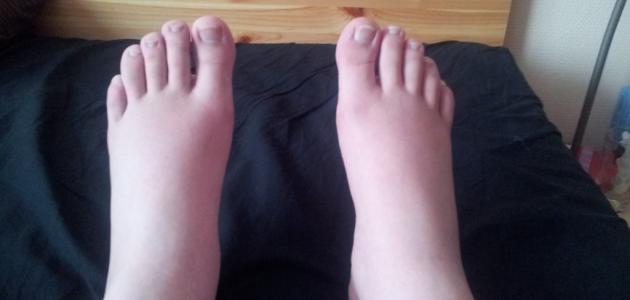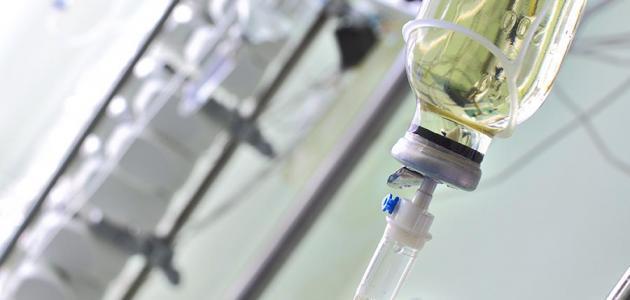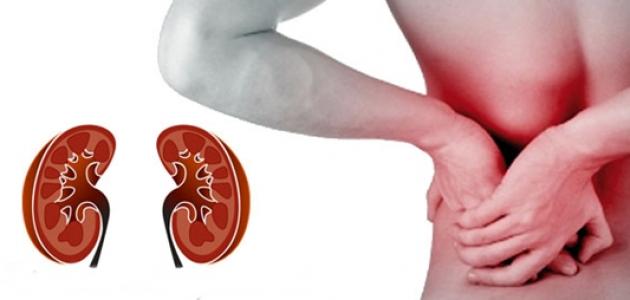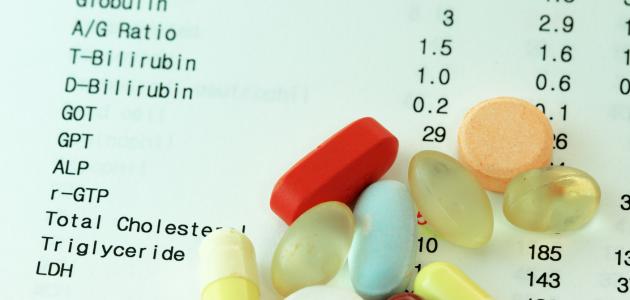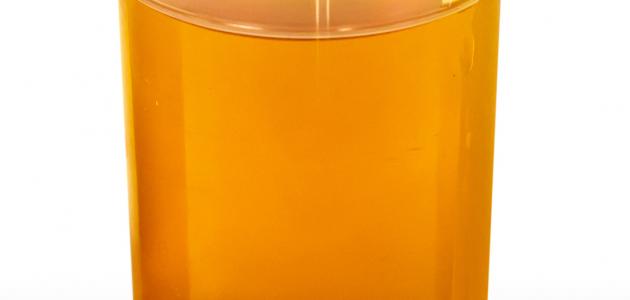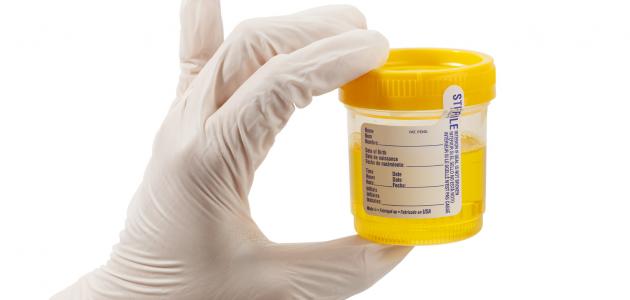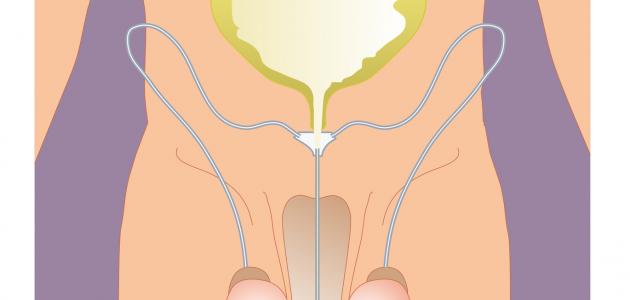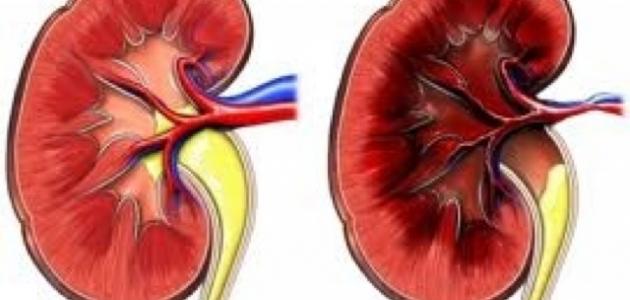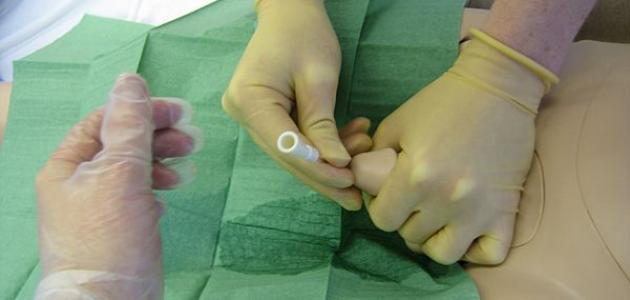Contents
Fluid retention
Fluid retention is defined as the regular leakage of fluids from the blood into the body tissues and small vessels, the lymphatic system consists of a network of tubes that extend to the organs of the body, which absorbs this fluid from the tissues and flows back into the bloodstream, and there becomes fluid retention when it is not Fluids are expelled from the tissues for several reasons, and in this case the kidneys retain a high percentage of sodium, and a greater percentage of water to compensate for the lack of fluid that is lost in the blood vessels, and this causes an increase in fluid in the body, and its leakage into the capillaries, so we will introduce you in this article on The causes of fluid retention in the body, its symptoms, and how to treat it, in addition to some tips.
Causes of fluid retention in the body
- Eating salt in large quantities, as the consumption of foods that contain a high percentage of sodium leads to the consumption of large quantities of water, which leads to water retention in the body, and the expansion of cells by twenty times.
- Magnesium deficiency, and this reason is one of the most important causes of fluid retention in the body; Magnesium is a very necessary element to carry out various body processes.
- Vitamin B6 deficiency, and this vitamin is responsible for the water balance in the body, and according to recent studies, it has been found that women with premenstrual syndrome show a clear improvement after consuming foods rich in vitamin B6.
- Poor blood flow in the leg veins, which leads to fluid retention in the legs and ankles, and this is more common during pregnancy.
- Fluid retention before the menstrual cycle, due to hormonal changes during the menstrual period, and these changes can increase when you follow an improper diet.
- Following a low-calorie diet, which causes fluid retention in the body, as it does not contain enough protein in the blood to extract water from tissues.
- The presence of heart and kidney problems, as this causes permanent swelling in the legs and ankles, which requires to go to the doctor directly.
Symptoms of fluid retention in the body
- Swelling in some parts of the body.
- Feeling of pain in the affected body areas.
- Rapid weight gain within weeks or days.
- Stiffness in the joints.
- Unexplained weight fluctuations.
Treating fluid retention in the body
- Eat a healthy, low-salt diet.
- Use of diuretics.
- Taking treatment for chronic diseases, for example: using the hormone thyroxine in the event of hypothyroidism.
- Regular follow-up with the doctor.
Prevention of fluid retention in the body
- Take nutritional supplements that contribute to reducing fluid retention caused by the menstrual cycle.
- Drink plenty of water.
- Reducing your intake of caffeinated drinks, such as coffee.
- Get regular exercise.
